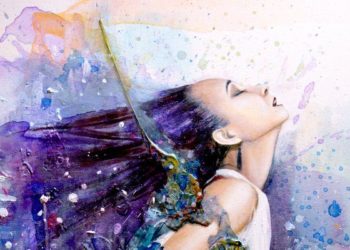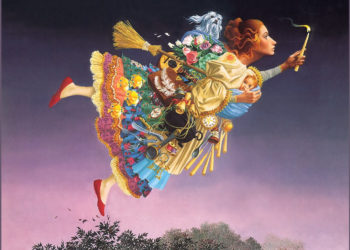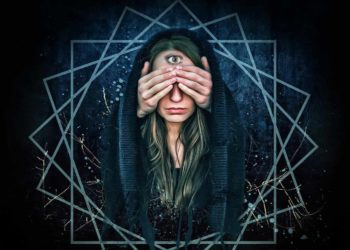Many people have defined love as different things. Some have defined it as a feeling, others have defined it as a verb, energy in motion. Others, like H. L. Mencken, have described it as a state of perceptual anesthesia—to mistake an ordinary person for a god(dess). And maybe they are right. Maybe love is the butterflies in your belly when you see your special person. Or the peace you feel when you wake up in the middle of the night and hear them breathing softly beside you. Maybe love is a message that is only communicated through action, through the little gifts they give you for no reason, or they comfort you when life takes you to court. Maybe love is all of these. Maybe love is none of these. Who knows?
In my language, the word ‘love’ is ‘Ifunanya.’ Ifunanya translates to ‘to see with one’s eyes.’ To the Igbos, love is all about visibility, being seen—in part and whole—for who you truly are. Everything we do in life is an attempt to be seen. In a sense, one can say that being seen is one of our fundamental needs as human beings. It is why we spend 12 years studying, hoping to hone our skills and eke out a career trajectory that announces us to the world. It is why we scour social media pages for creators who share experiences that mirror ours, hoping to see content that validates our unique struggles.
And that is how it is with love.

All this talk about love languages, thoughtful gestures, and cuddles all boil down to one thing: the belly-churning desire to be observed, seen, and acknowledged. When someone truly loves you, they see all of you—your actions, inactions, and words—in 4K. They notice that little thing your nose does when you smile. Or how you bite your lip before lying and saying, ‘I am fine, really. I have it under control.’ They see the parts you display to the world, the parts you unearth in the dark, and everything in between. Vulnerability in love is about lowering your mask and allowing the other person to see the real you. It is saying, ‘I have seen enough of you to decide you are worthy enough to see the rest of me.’
In a way, allowing yourself to be truly seen is an act of love. A dual act of self-love (realizing your true self deserves airtime) and other-directed love (loving someone so much you decide to gift them the privilege of seeing the real you).
‘To see and to be seen, that is the truest nature of love.’
—Brene Brown

I have a fourth cousin whose name is Ifunanya, and she has the most soulful eyes. If eyes are indeed the windows to the soul, then hers would be oriel windows of stained glass fit for St. Peter’s Basilica. Whenever I see her, I remember the lines from Little Red Riding Hood:
“But Grandmother! What big eyes you have,” said Little Red Riding Hood.
“The better to see you with, my dear,” came the reply.
Whenever I look at my cousin—whose name tells a story about visibility in love—I wonder if her parents named her Ifunanya in hopes that her eyes and heart will always see and be open to being seen, respectively. So this Valentine’s Day, as you swap gifts with your Bien-aim(e) (or do whatever it is singles do on Val’s Day), remember that visibility—seeing and being seen—is one of the hallmarks of true love.
Click here to read my article on how to avoid (or find, if you feel so inclined) love. In the comments, tell me some of the weirdest love stories or facts you’ve ever heard. If you want to read more of my musings on love, click here.
Happy loving, and may true ifunanya find you!







